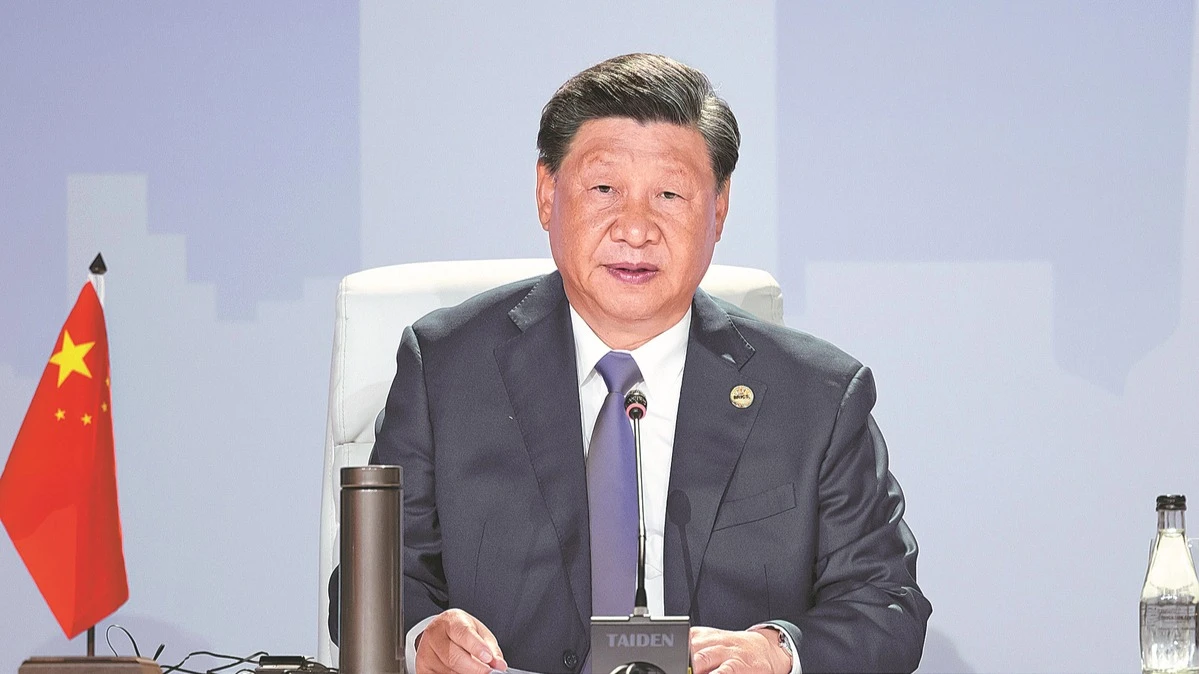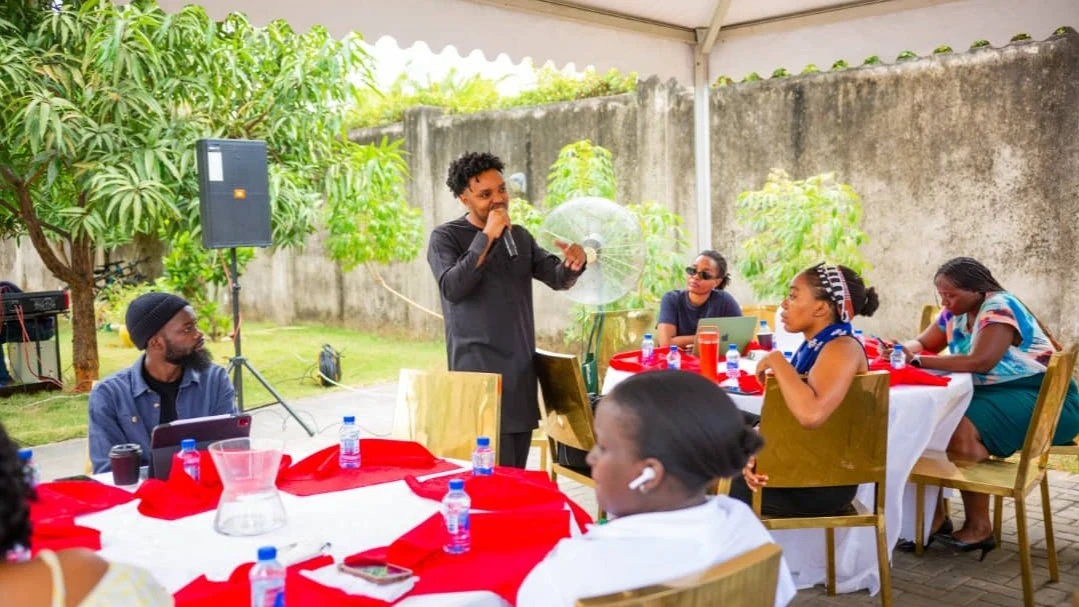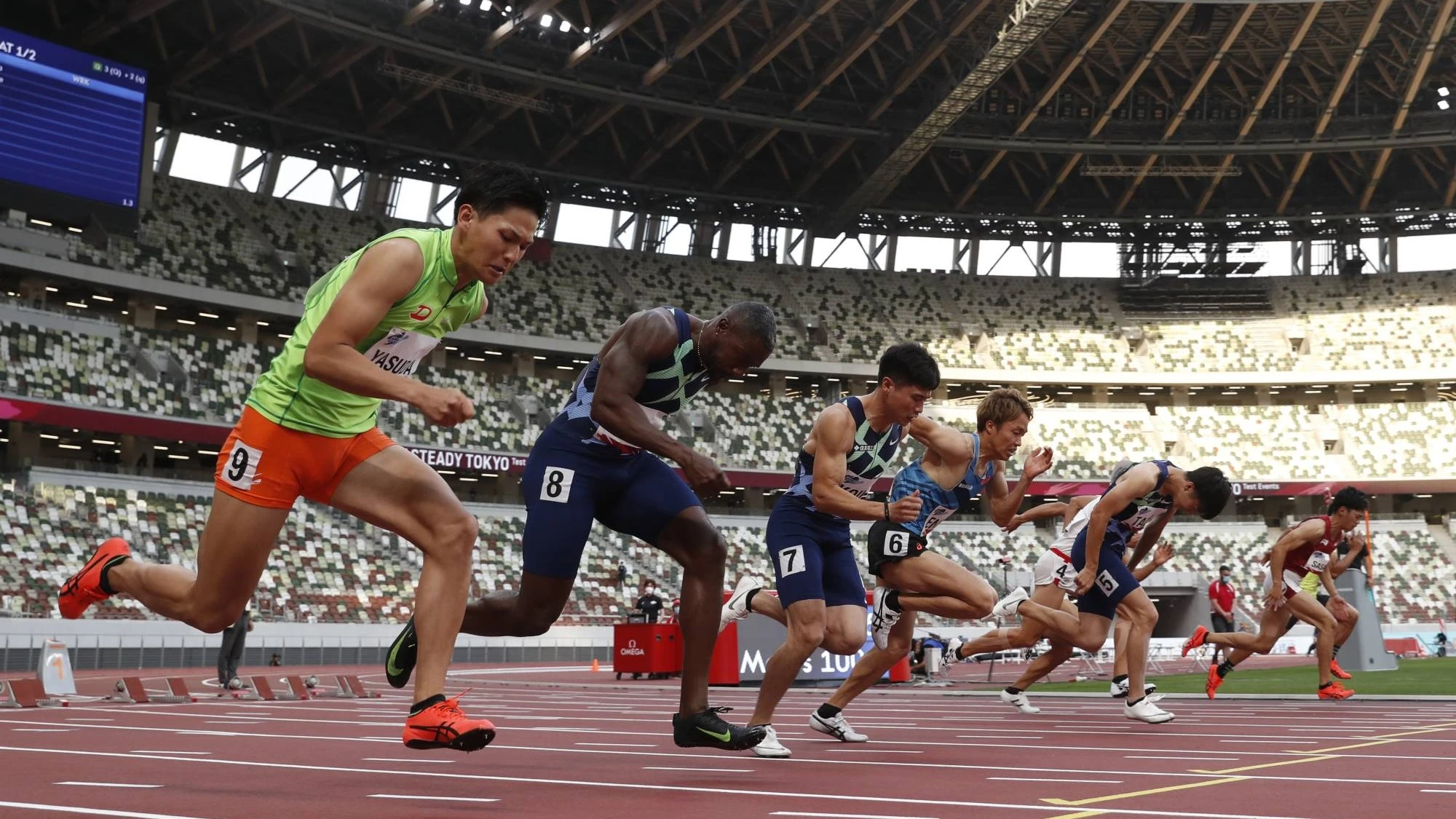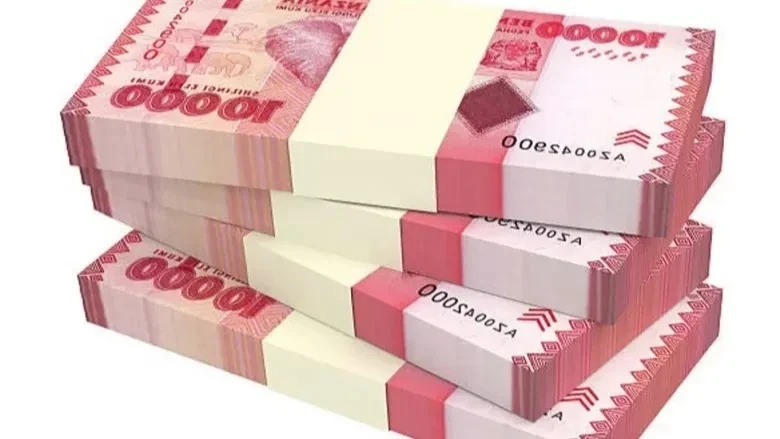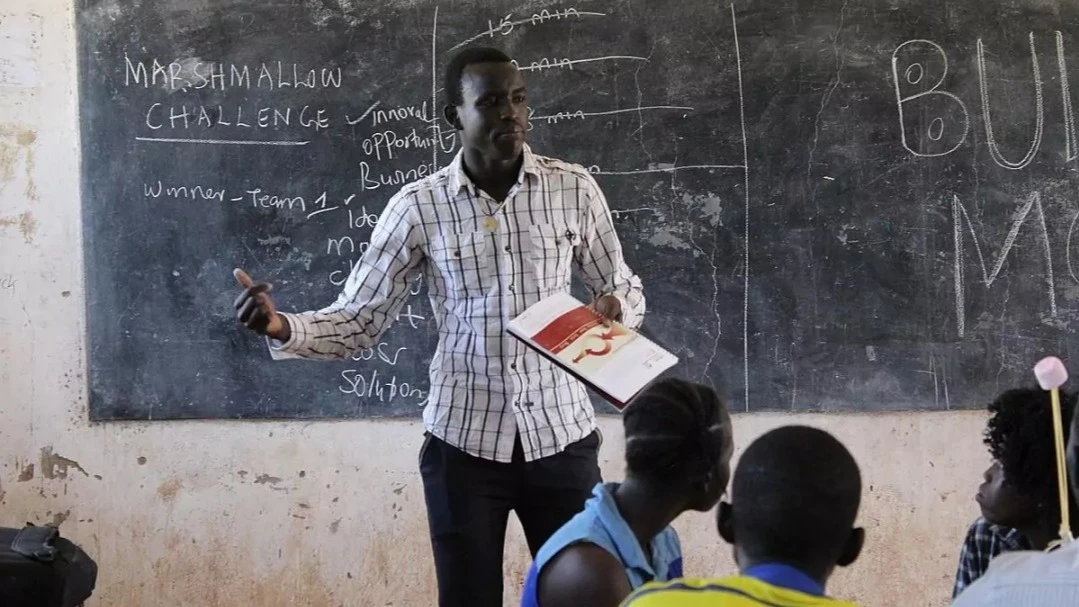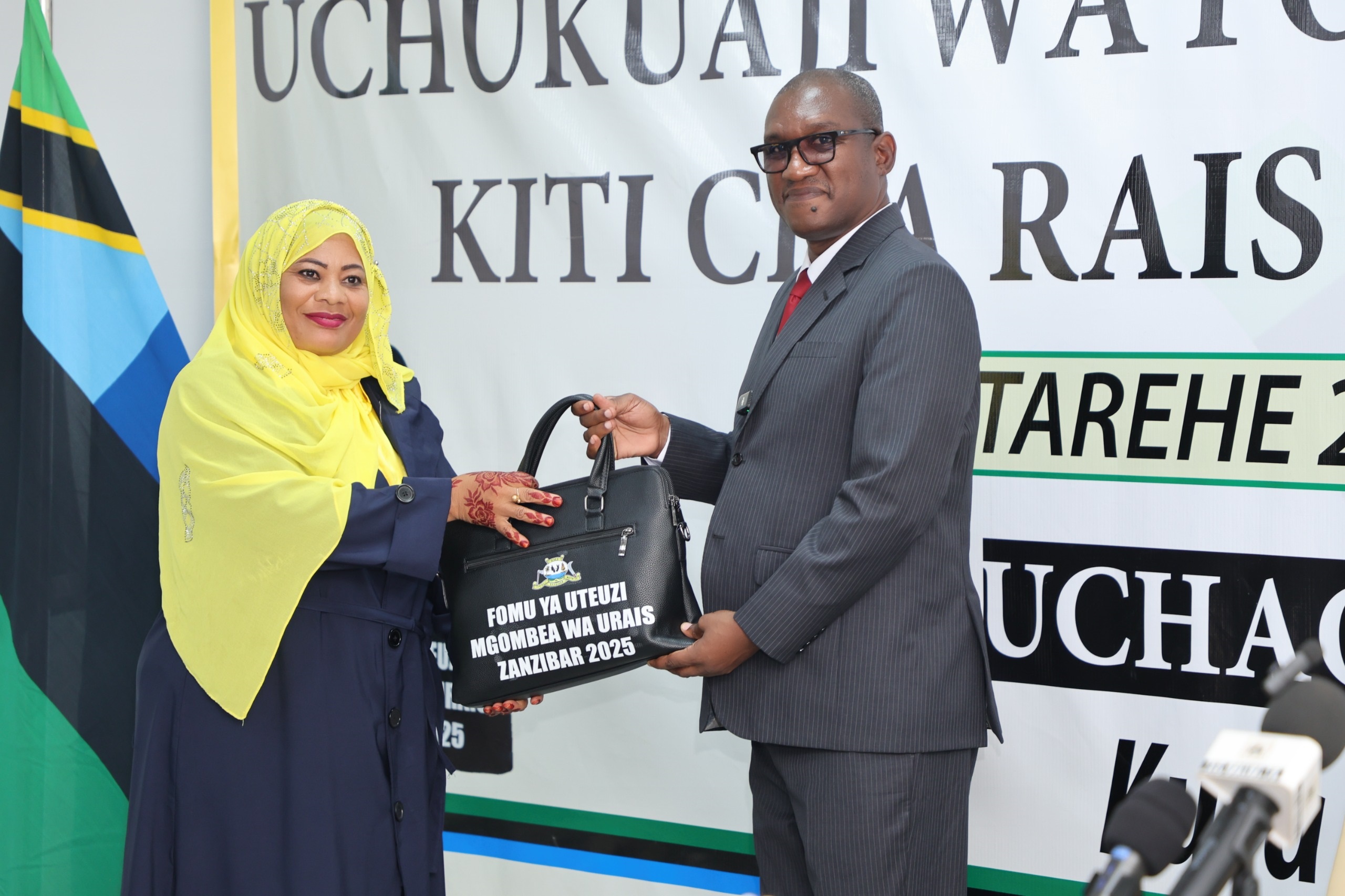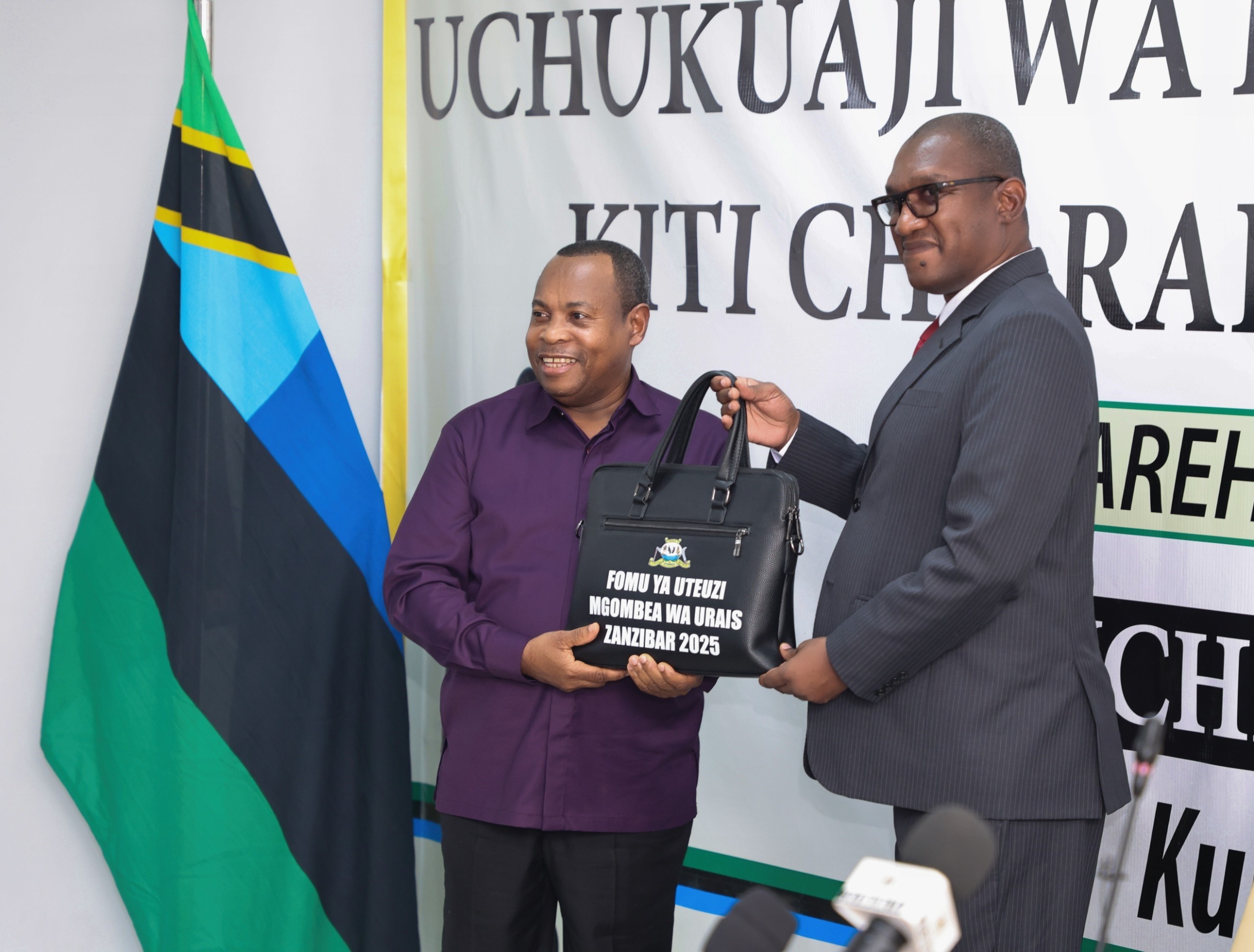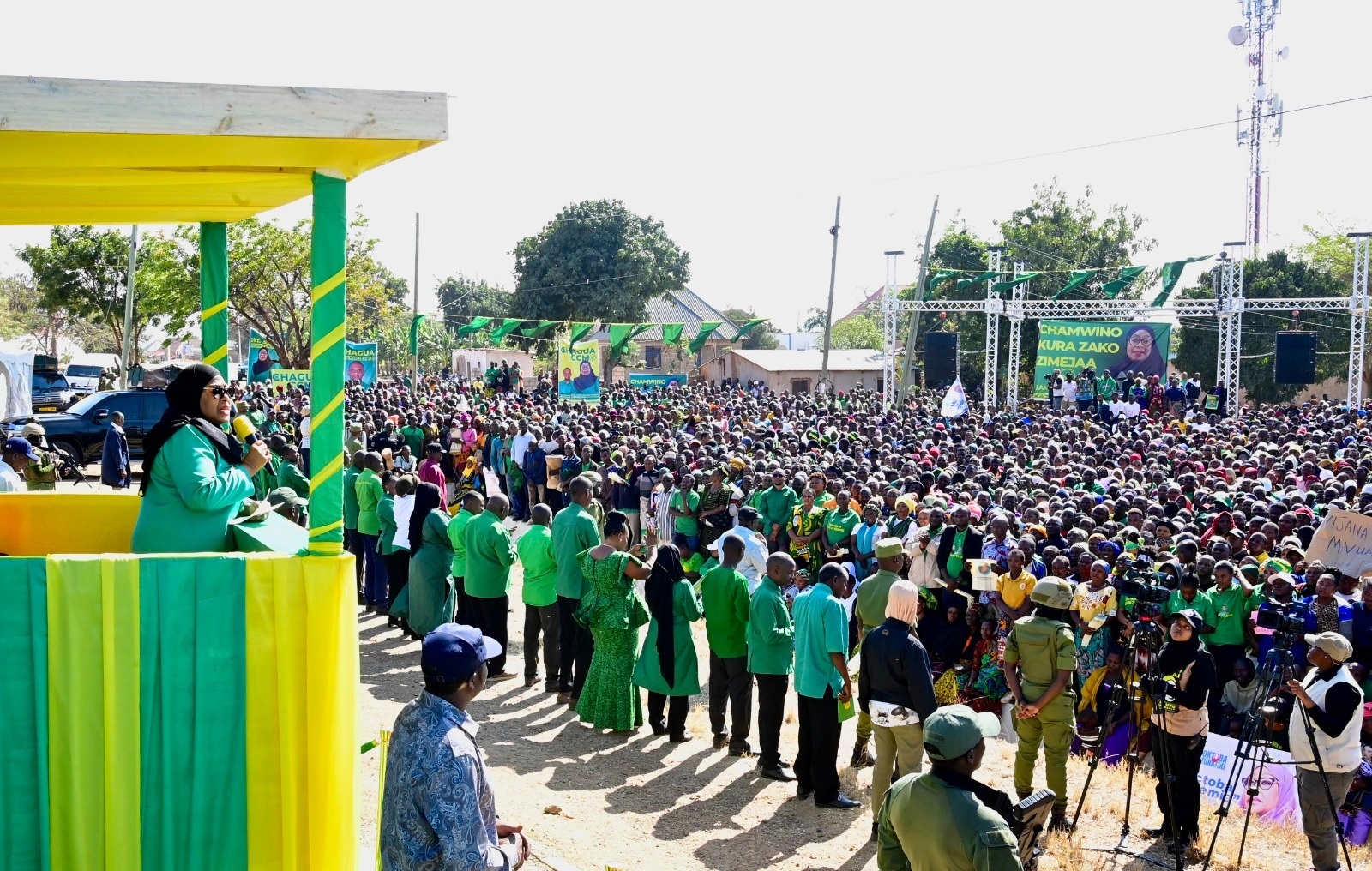UK groups backing 30trn/- minerals value chain push
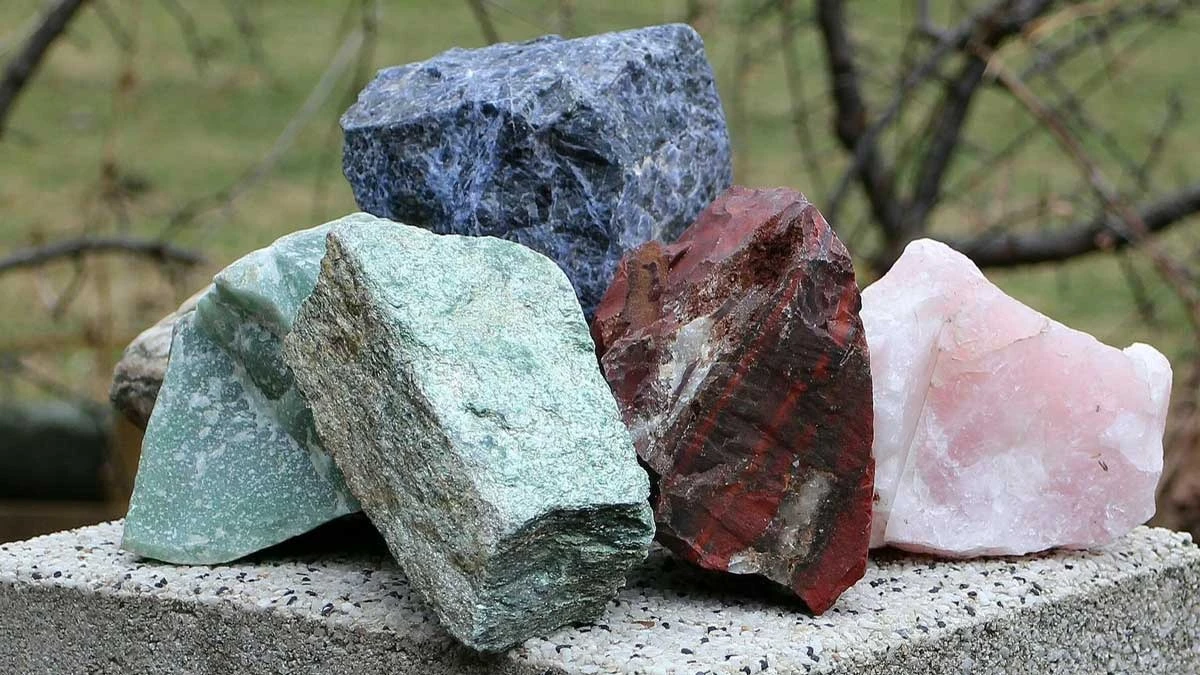
A NUMBER of British companies are holding discussions with the government on a minerals value chain project that could unlock up to $11.7bn (nearly 30trn/-) in new investments.
Marianne Young, the resident UK high commissioner, affirmed this expectation at a high-level CEOs Roundtable of Tanzania (CEOrt) dialogue Dar es Salaam yesterday, noting that the project is expected to create over 25,000 new jobs and considerable contributions to government revenues.
Themed “Manufacturing Africa: Minerals-to-Manufacturing Value Chains,” the session brought together industry leaders, senior policymakers, diplomatic representatives and strategic partners to explore how Tanzania can move up the global minerals value chain by processing rather than exporting raw materials.
The dialogue was anchored on the UK-funded report on that subject, carried out by McKinsey & Co. and BDO, a global network of accounting and professional services firms whose branch, BDO East Africa, operates in Tanzania.
The firms similarly collaborated with ASNL Advisory, a local procurement, risk management, financial services and investments client support group, with the report identifying 14 high-impact investment opportunities covering 11 types of minerals, including gold, graphite, rare earth elements, nickel, copper, cobalt, limestone and phosphates.
The report affirms that Tanzania could significantly increase its economic returns and industrial competitiveness with extensive value-added products such as cement, ceramics, glass, refined gold, jewellery and battery minerals—resources that are essential for the global shift to a green economy, it said.
Through the mutual prosperity partnership and the ‘Manufacturing Africa’ initiative, Britain is committed to working with Tanzania’s private sector and government to turn this opportunity into sustainable jobs, inclusive growth, and long-term prosperity.” the envoy affirmed.
She hailed the CEOrt Roundtable for bringing up the minerals sector uplift discussion, while Terence Ngole, acting Minerals commissioner, reiterated the government’s commitment to facilitating partnerships that drive local benefits and economic diversification.
He said that with the global economy rapidly shifting toward green technologies—powered by minerals like cobalt, nickel, graphite, and rare earths—Tanzania’s mineral reserves are becoming increasingly strategic.
“The government has been working closely with the private sector to see how the minerals sector can contribute more to the GDP, reduce dependence on raw exports, strengthen our industrial base and create thousands of jobs for its growing youth population,” he stated.
David Tarimo, chairman of CEOrt, underscored the urgency of moving beyond exporting raw materials if Tanzania is to achieve sustainable and inclusive growth, asserting that mining contributes around 10 percent to the country’s GDP.
Gold accounts for nearly 80 percent of total mineral exports, thus the country needs to use an opportunity to go beyond this situation and position Tanzania as a hub for processing industries targeting export markets, he explained.
“For a quarter of a century since its establishment, CEOrt has been convening leaders through the private sector to shape reforms and national priorities. This engagement demonstrates how the private sector and government can work together to build a stronger and more competitive future,” he stated.
He urged taking up ‘domestic beneficiation’ to increase revenue and also build a regional manufacturing hub aligned with Africa’s green economy future. “Tanzania’s mineral wealth can power the next 25 years of growth in line with the 2050 Vision if value addition is prioritized,” he emphasized.
An interactive panel discussion, moderated by Anna Rabin, managing director of Above Ground Advisory and Australia’s honorary consul to Tanzania, focused on how the private sector can capture mineral-linked opportunities in manufacturing.
Participants highlighted growing regional and global demand for products like cement, jewellery, ceramics and battery components, seeking a policy and investment environment that supports value addition.
Leonard Mususa, a veteran CEOrt organizer and top management advisory professional, stressed the importance of collaboration and bold action to drive the minerals-to-manufacturing agenda.
Top Headlines
© 2025 IPPMEDIA.COM. ALL RIGHTS RESERVED










